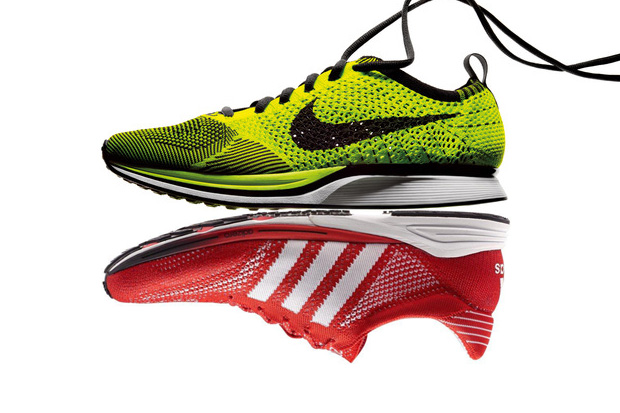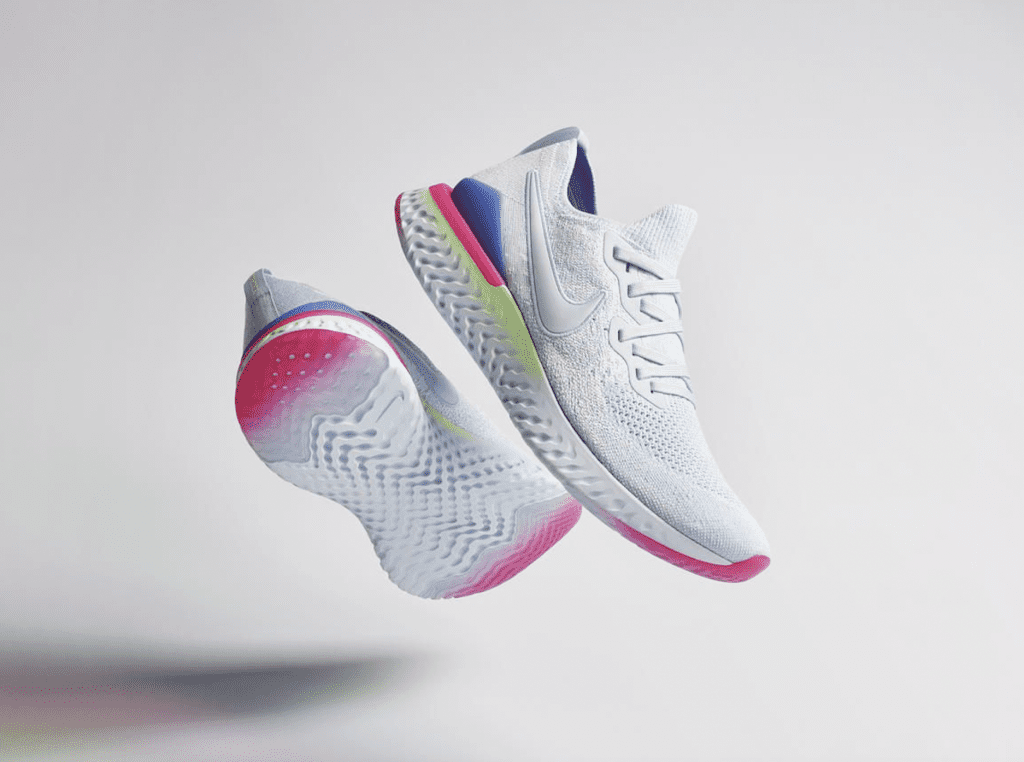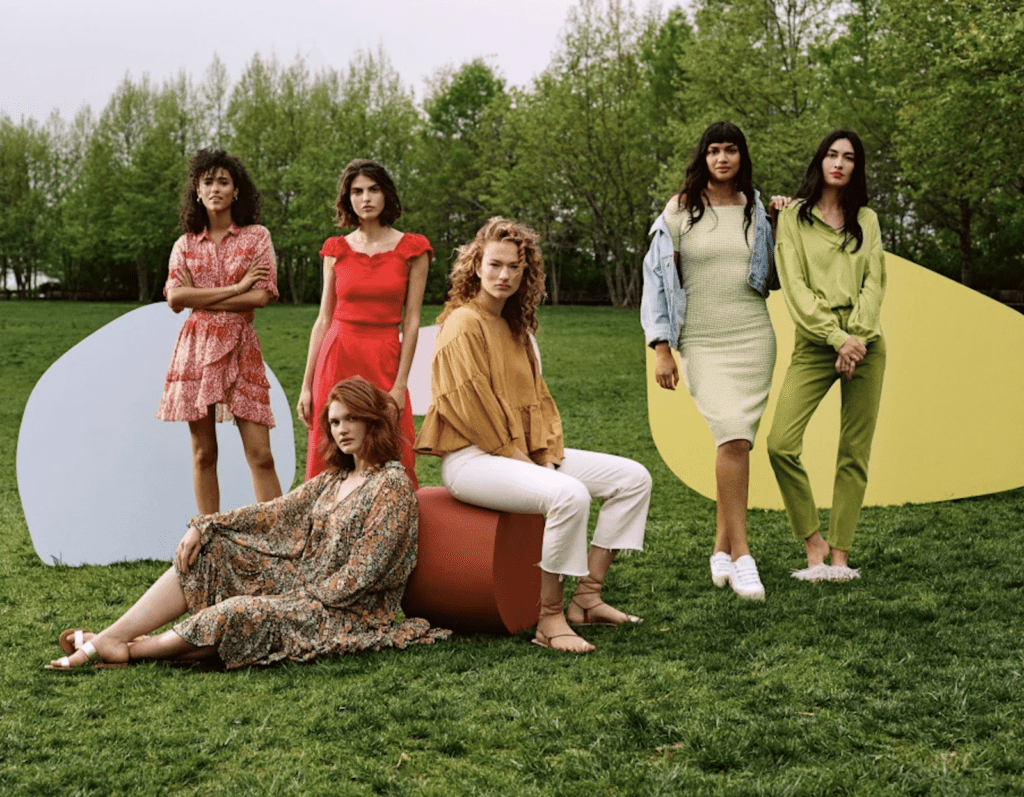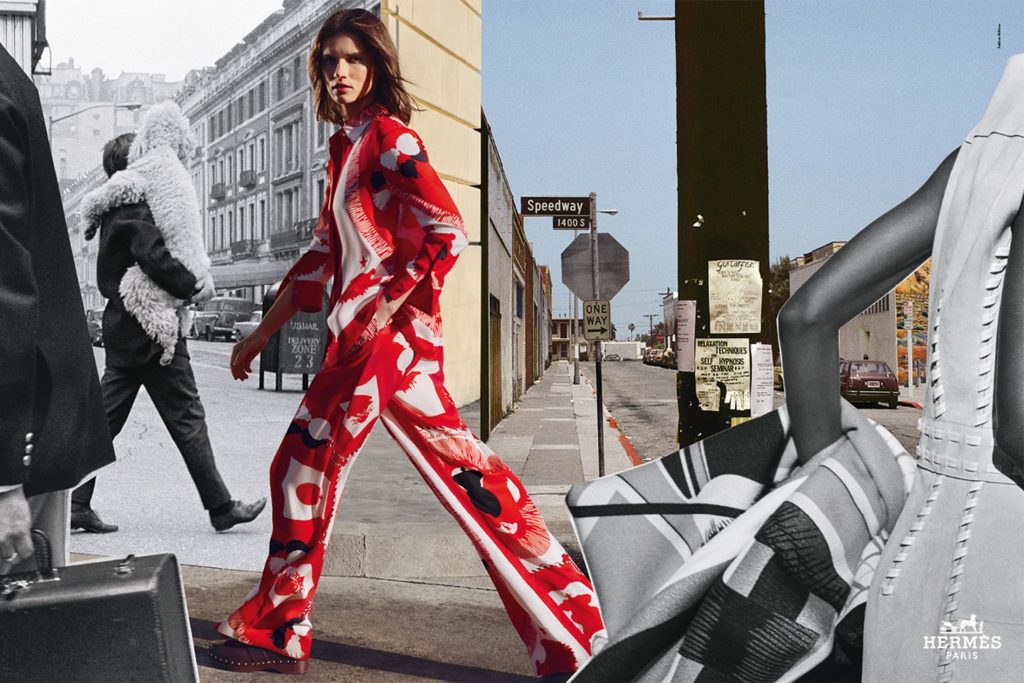Nike and adidas have settled a number of matters, including short-lived patent lawsuit, over their respective knitted footwear technology. On the heels of Nike filing suit against adidas in a federal court in Portland last year, arguing that the German sportswear titan made unauthorized use of its “game-changing” – and patent protected – Flyknit technology (which it spent more than a decade and upwards of $100 million dollars researching and developing) for a rival collection of “Primeknit” shoes, the parties alerted the U.S. District Court for the District of Oregon that “they have reached a settlement of the matter in litigation such that the case is dismissed without prejudice,” with each party bearing its own attorneys’ fees and costs.
Nike first lodged its patent infringement complaint against adidas in December 2021, alleging that in lieu of engaging in innovation, adidas has spent “much of the past decade challenging several of Nike’s patents directed to Flyknit technology,” and has “continued to use Nike’s patented technology without permission.” As a result, Nike claimed that “adidas offers dozens of footwear products that infringe [its] patents, including many of adidas’s so-called ‘Primeknit’ shoes.” In the since-settled case, Nike specifically alleged that adidas was infringing nine of its 300-or-so utility patents for the Flyknit tech “by making, using, offering for sale, selling, and/or importing into the United States footwear products that practice the claimed inventions,” all of which center on “a novel method of designing and manufacturing uppers that allows Nike to use yarns made of recycled materials and to knit the upper to the exact shape necessary.”
According to Nike’s complaint, “adidas announced its Primeknit shoes five months after Nike announced Flyknit, [and] the industry immediately took note of the similarities between Nike’s patented Flyknit technology and the adidas’s Primeknit offerings.” Instead of seeking a “license to any of Nike’s patents covering Flyknit technology, adidas opted to challenge several of them, all while marketing a number of different infringing shoe styles and following on Nike’s innovation coattails into other sports,” the Swoosh asserted, setting out nine claims of patent infringement and seeking injunctive relief and enhanced damages.
At the time of filing, adidas pushed back against Nike’s allegations, stating, “Our Primeknit technology resulted from years of dedicated research and shows our commitment to sustainability.”

Prior to the parties’ settlement, the case had been put on hold, with the court granting adidas’ unopposed motion to stay the case pending the outcome of a U.S. International Trade Commission (“ITC”) investigation. On the same day that Nike filed suit against adidas, it also requested that the ITC institute an investigation of adidas based on its “unlawful and unauthorized importation into the United States, sale for importation, and/or sale within the United States after importation of certain knitted footwear products that infringe Nike’s patents protecting its Flyknit technology.” That proceeding – in connection with which Nike is looking to get the federal trade body to block the import of adidas’ allegedly infringing Primeknit footwear – has similarly been settled.
A Separate Squabble
The settlement extends to additional (but related) fights between Nike and adidas, including the patent lawsuit that pitted the sportswear giants against one another for almost a decade over Nike’s U.S. Patent No. 7,347,011, which is the original patent in its “Knitted Textile Upper Family.” Adidas initially filed a petition for inter partes review (“IPR”) in 2013, challenging the patentability of an array of claims in Nike’s and the Patent Trial and Appeal Board (“PTAB”) instituted a review.
The proceedings saw Nike seeking to amend its patent by cancelling the challenged claims (claims 1-46) and adding substitute claims. Pushing back, adidas argued that the substitute claims, which concern “a single flat-knit textile element,” are unpatentable in light of three examples of prior art. While the PTAB granted Nike’s request to cancel the claims, it refused to allow the Swoosh to add the substitute claims due to the prior art, prompting Nike to appeal to the U.S. Court of Appeals for the Federal Circuit. (The appeals court affirmed the PTAB’s findings that the substitute claims are unpatentable and that Nike had the burden to prove the patentability of the substitute claims.)
Fast forward to 2020, and the matter landed before the Federal Circuit again, with Nike taking issue with the PTAB’s determination that its substitute claim 49, which focuses on “a knit upper with apertures for laces made by omitting stitches in the knit,” is not patentable, among other things. (The court made such a decision based not on the previously-cited prior art references but on separate prior art.) Siding with Nike, a panel for the appeals court stated in a decision in April 2020 that the PATB may raise unpatentability grounds sua sponte when reviewing a motion to amend a claim in an IPR proceeding. Specifically, the Federal Circuit held that the PTAB may, in fact, cite prior art or other invalidity grounds not raised by the challenging party (adidas, here), provided it gives the parties notice and opportunity to respond before issuing a final decision.
As recently as this month, that since-settled case landed back before the Federal Circuit for the third time in nine years, with counsel for Nike arguing that in the face of a challenge from the PTAB, a petitioner (adidas in this case) bears the burden of persuasion. (According to Bloomberg, a panel of judges to the Federal Circuit “seemed skeptical” during an oral argument on August 1 that Nike Inc. “would have saved a patent claim regardless of whether Adidas had the burden of persuasion after [the PTAB] raised its own challenge” to Nike’s patent.)
The cases are Nike, Inc. v. adidas AG, 3:21-cv-01780 (D. Or.); Adidas AG v. Nike Inc, 2:22-cv-00198 (E.D.Tex.); and In the Matter of Certain Knitted Footwear, No. 337-TA-1289 (ITC).











